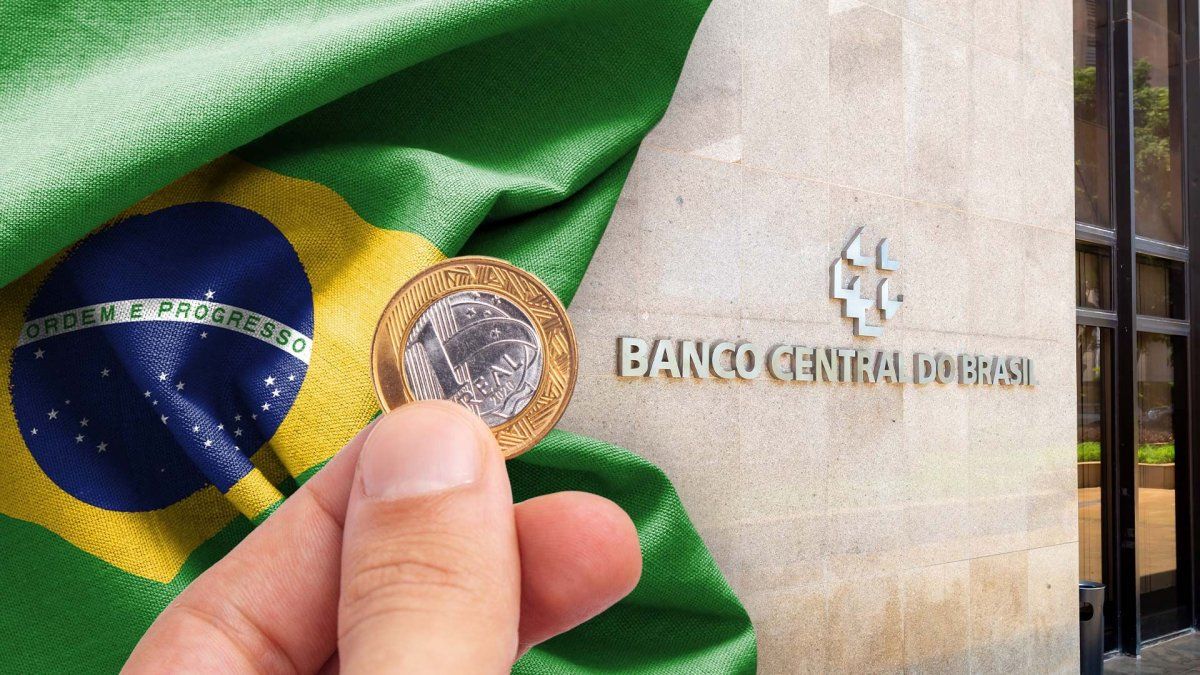Economists in Brazil They revised their interest rate projections upwards for 2025 for the second week in a row, in response to the deteriorating inflation outlook and growing investor doubts about the government’s commitment to fiscal discipline.
According to the Central Bank’s weekly survey, published on Monday, the benchmark Selic rate will reach 11.25% by the end of next year, exceeding the previous projection of 11%. As for December, lThe forecast remains at 11.75%.
Strategists also adjusted their inflation expectation for December of this year to 4.5%, from 4.39% last week, thus reaching the upper limit of the Central Bank’s tolerance range. Over a twelve-month horizon, the cost of living is expected to rise by 4.01%.
The experts’ reasons
The Central Bank, under the direction of Roberto Campos Neto, is increasing the Selic because inflation projections remain far from the 3% goal. The strength of the economy, supported by a tight labor market and an increase in public spending, is increasing families’ disposable income.
Monetary policymakers indicated that they will continue to evaluate the data before making a decision on rates at the next meeting, in a context of high volatility.
Campos Neto stated on Monday that inflation expectations are “clearly” above established objectives, and highlighted his attention to the costs of services. Annual inflation accelerated to 4.42% in Septemberdriven by rising electricity and food prices, exacerbated by a historic drought. In that month, the Central Bank increased interest rates by a quarter point, reaching 10.75%.
Roberto Campos Neto president central bank of basil.jpg
The Central Bank is still under the direction of Roberto Campos Neto.
Fábio Rodrigues Pozzebom / Brazil Agency
Simone Tebet, Minister of Planning, announced last week that the government will implement “as many measures as possible” to reduce public spending. Investor concerns over debt management have negatively affected the Brazilian real, which is among the worst-performing currencies in emerging markets this year. A weakened currency intensifies inflationary pressures, since it makes imports more expensive, he said, quoted by the Bloomberg agency.
Tebet’s statements followed President Luiz Inácio Lula da Silva’s proposal to expand income tax exemptions, without detailing how tax losses would be offset.
“The market distrusts that the fiscal framework is capable of meeting its objectives,” Campos Neto commented on Monday. “It is very difficult to reduce rates if fiscal policies do not seem to be well anchored,” he concluded.
Source: Ambito
David William is a talented author who has made a name for himself in the world of writing. He is a professional author who writes on a wide range of topics, from general interest to opinion news. David is currently working as a writer at 24 hours worlds where he brings his unique perspective and in-depth research to his articles, making them both informative and engaging.




